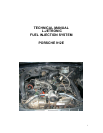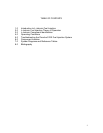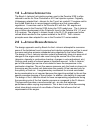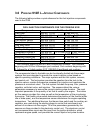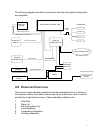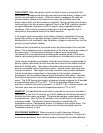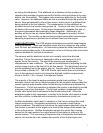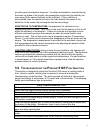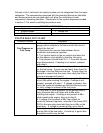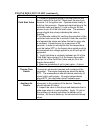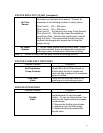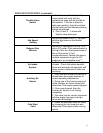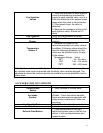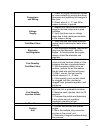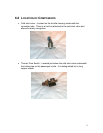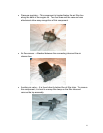3
1.0 L-JETRONIC INTRODUCTION
The Bosch L-Jetronic fuel injection system used in the Porsche 912E is often
referred to as the Air Flow Controlled or AFC fuel injection system. Originally,
Volkswagen adapted the L-Jetronic for the Type 4 air cooled 411 engines sold in
the United States due to more stringent emissions and fuel consumption
regulations. It was also used in the Porsche 914 with the 1.8L engine and
ultimately used in the Porsche 912E during the 1976 model year. The L-Jetronic
was a further development of the D-Jetronic found in the Porsche 914 1.7L and
2.0L engines. The original L-Jetronic found in the 914 1.8L engine was further
refined which resulted in the system installed in the 912E. The L-Jetronic
principles were later adapted for use in the Porsche 911 series models.
2.0 L-JETRONIC DESIGN APPROACH
The design approach used by Bosch for the L-Jetronic attempted to overcome
some of the limitations found in previous fuel injection systems as well as to meet
the more restrictive emission standards being regulated in the United States.
The design of the L-Jetronic injection system automatically takes into account all
changes in the engine which can occur during the service life of the vehicle
(abrasion, deposits in combustion chamber, changes in valve adjustment, etc.)
Uniform good quality of exhaust gases is therefore assured. In the L-Jetronic,
part of the exhaust gas can be re-circulated to lower the temperature in the
combustion chamber. The air-flow sensor measures only the fresh air drawn into
the engine and the control unit determines the quantity of fuel required only for
the quantity of fresh air. A supplementary mechanism for mixture enrichment
during acceleration is not required because the signal transmitted by the air-flow
sensor precedes charging of the cylinders. In addition, idle stability is improved.
The design of the L-Jetronic allows for fewer compensating adjustments during
the operating cycle of the fuel injection process as compared to the D-Jetronic.
This approach provides a more accurate fuel - air ratio that optimizes
performance under varying requirements. This is due to use of air-flow sensing
which takes direct account of a multitude of factors that influence the fuel
requirements of the engine.



